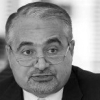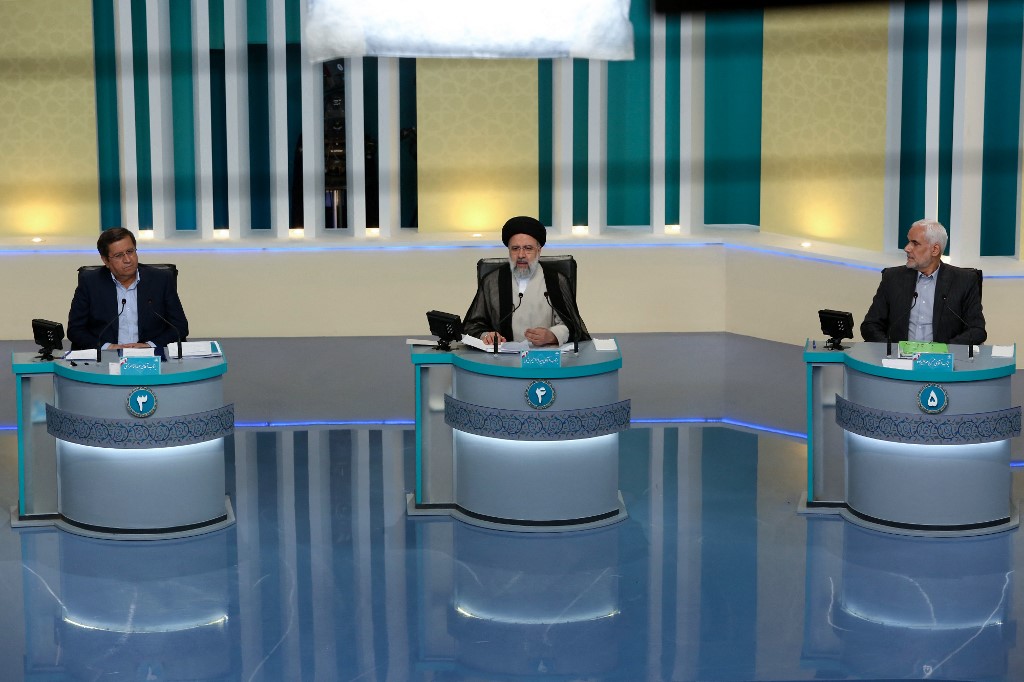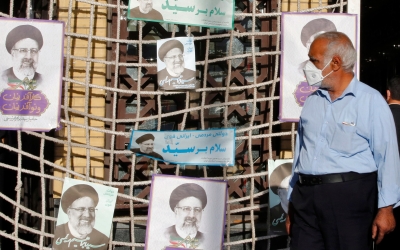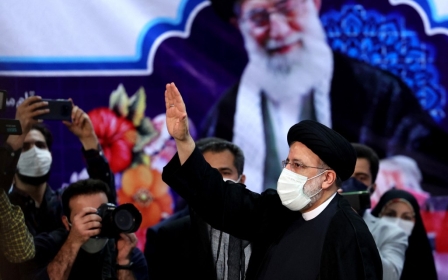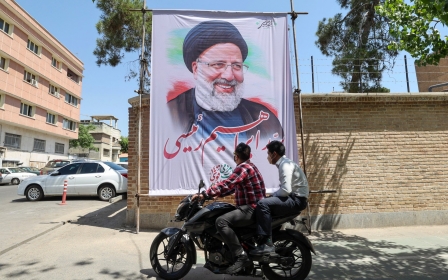Iran elections: Could a conservative president solve Tehran's regional and nuclear issues?
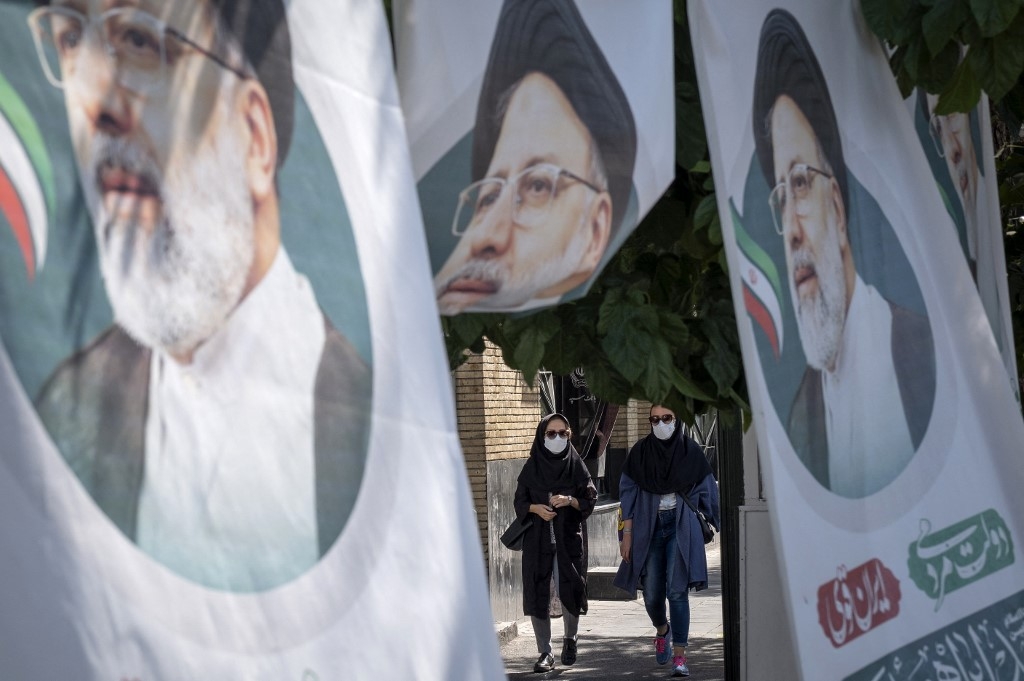
Iran’s presidential election is a just a few days away. While the results of Iran’s elections have never been predictable, it is expected that the next president will be from the “principlist” - shorthand for conservative - faction.
The more reformist and moderate factions represented by President Hassan Rouhani put their trust in his “constructive engagement” approach to improve Iran’s relations with the West. The upshot was the most comprehensive nuclear agreement that the global nuclear non-proliferation treaty has ever seen.
The combination of these factors seems to facilitate the realisation of a collective regional security and cooperation system in the Gulf
But former US President Donald Trump’s ill-advised withdrawal from the nuclear deal and reimposition of sanctions on Iran’s economy cast serious doubts on Rouhani’s approach. A majority of the Iranian public now believes that building dialogue with the West - and in particular, the US - is doomed to failure.
The pressing questions now are: how will Iran’s relations with the Arab Gulf states evolve next? What will be the destiny of the nuclear deal, and how will regional policies change under the next president, who is likely to be from the principlist faction?
A conservative administration would differ from its reformist or moderate counterpart in a number of ways, allowing us to make reasonable predictions about the future of the nuclear deal, and about Iran’s relations with neighbouring countries - and even the West.
New MEE newsletter: Jerusalem Dispatch
Sign up to get the latest insights and analysis on Israel-Palestine, alongside Turkey Unpacked and other MEE newsletters
Future of the nuclear deal
Firstly, a principlist president trusted by Supreme Leader Ayatollah Ali Khamenei and the Islamic Revolutionary Guard Corps (IRGC) would likely face less opposition at home on foreign and domestic issues, including the nuclear deal, Iran’s affairs vis-a-vis neighbouring countries, and the West.
Five out of the seven candidates qualified by the Guardian Council are from the principlist faction. It is possible that two or three of them will give up campaigning in favour of backing Ebrahim Raisi, the conservative head of the judiciary, who is considered by analysts as the most likely to become Iran’s eighth president after the 18 June elections. If elected, he would no doubt be trusted by the supreme leader, IRGC commanders and broader conservative factions.
In terms of foreign relations, the nuclear deal and regional issues will remain the most challenging files for the next administration. Since the next president will likely share similar beliefs as the centres of power in Iran, he will have greater decision-making autonomy, forming a unified government whose key ministers are not viewed as “threats” to the ideals of the supreme leader.
As a result, the new president will face fewer challenges from the principlist parliament, judiciary, IRGC and other key establishments. In a recent televised debate, Raisi said he would remain committed to the nuclear deal, but effective implementation would require a “strong” government - unlike the Rouhani administration, he added.
While the supreme leader has the final say on regional issues, and the IRGC is the most involved at the practical level, a new conservative administration would have more strength to resolve such issues more quickly.
Regional security
The combination of these factors seems to facilitate the realisation of a collective regional security and cooperation system in the Gulf. The EU, Russia, China, and the UK have welcomed the idea of a such a system in the region, while Qatar, Kuwait, Oman and Iraq would support such an endeavour to ensure sustainable peace and security.
If the current Iran-Saudi talks succeed, the Gulf Cooperation Council will probably expand its prism to negotiate with more countries in the region. Assuming that the US does not hinder such efforts, a collective security system in the Gulf has a real chance of success.
In short, if the current nuclear talks in Vienna succeed and the nuclear deal is fully reimplemented, this would deliver the economic benefits to which Iran is entitled. The new government in Iran would then have significant incentive to push forward with resolving other disputed issues.
A regional cooperation system in the Gulf would be the most realistic, natural and necessary venue for Iran and neighbouring countries to start negotiating and resolving outstanding regional issues. This would require the UN Security Council to step in, but given the likely characteristics of the next Iranian administration, such a regional cooperation pact has a genuine chance of success.
The views expressed in this article belong to the author and do not necessarily reflect the editorial policy of Middle East Eye.
Middle East Eye delivers independent and unrivalled coverage and analysis of the Middle East, North Africa and beyond. To learn more about republishing this content and the associated fees, please fill out this form. More about MEE can be found here.


